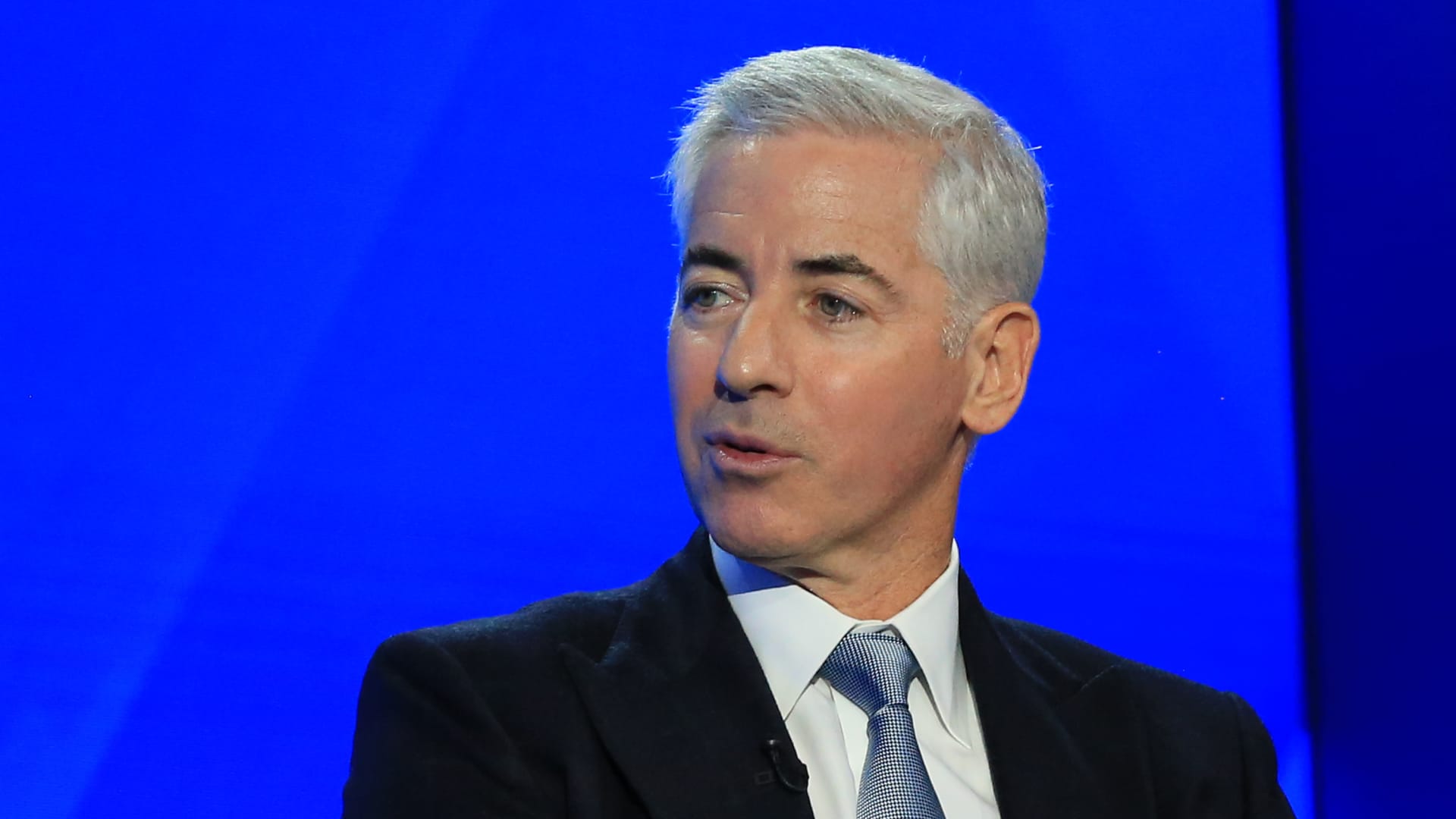In the Hollywood blockbuster ‘Scarface’, considered the greatest gangster film ever made, Al Pacino plays Tony Montana, a Cuban refugee and ex-convict, who arrives penniless in Miami, U.S., where he takes up work as a dishwasher. Dishwashing isn’t the stuff he’s made for, though, and becomes a drug lord.
The film, as films frequently do, mirrored the real world. After Fidel Castro in 1980 allowed all Cubans who wished to leave the country to do so, Miami saw huge influx of migrants from the island.
What did this do to worker wages of Miami’s residents?
Cubans are landing up at U.S. borders in increasing numbers once again. U.S. Customs and Border Protection has reported that the number of Cubans stopped on the country’s border in December was up more than 20% from that in October. After Mexicans, Cubans, it says, are now the second-largest nationality being stopped at these borders. Cubans landing up at the U.S. border are fleeing the intensifying energy, economic and political crises in the Caribbean island. Cuba sees the outmigration to be a consequence of the US sanctions that, they say, depressed the living standards on the island.
The migration hitting record levels has forced the Biden Administration to reopen the legal channel for migration. This week, the U.S. embassy in Cuba reopened its visa and consular services, the first time after closure following the spate of unexplained health incidents among its diplomatic staff in 2017, dubbed the ‘Havana Syndrome’ since, and that the U.S. Intelligence links to mysterious sonic attacks.
Since the closure in 2017, tensions between the U.S. and Cuba have run high. The two countries have historically had tense relations which had improved somewhat under President Barack Obama. He eased many American Cold War-era sanctions and even visited the island in 2016. The change was short-lived. The Trump administration tightened sanctions on Cuba. The Biden Presidency has seen a few restrictions eased, such as on remittances and family travel from Miami to Cuba, but those on tourist travel to Cuba, and imports and exports of many goods, remain untouched. Washington has also kept Cuba on its list of countries deemed “sponsors of terrorism”. It has added it to another list of countries undermining religious freedom.
Economic migration tends to be a politically sensitive matter in most countries. India has seen much debate on this theme.
Conventional economics too holds that after an influx of Cubans into Miami, worker wages of the residents there would reduce. A few economists that work with evidence and data and ran ground-breaking experiments successfully challenged this traditional way of thinking in theoretical economics. They were thus able to show that economic logic and behaviour can often be counter-intuitive.
Economist David Card, who works at the University of California, Berkeley, years ago challenged the notion that the impact of migration necessarily reduces worker wages. His findings – based on evidence and data – showed that the incoming migrants from Cuba after Castro allowed them to leave had no negative wage or labour effects for Miami residents with low levels of education and skills.
Card is one of the three economists that won the Nobel in 2021. Along with the late economist Alan B. Krueger, he pioneered techniques with which economists can show causality, i.e. one trend causing another one. For instance, economists can use causality to explain how inequality or poverty is being caused.
His finding about the impact of migration on wages in Miami completely upended conventional wisdom about the impact of immigration. Before this, economists used to approach this topic mostly in theoretical terms. Card and a few other economists showed the importance of real-world evidence and data, especially for designing public policy.
In the early 1990s, Card and Krueger also showed that increasing the minimum wage does not necessarily lead to job losses. The economist duo looked at the impact in low-wage workplaces around the New Jersey-Pennsylvania border after the minimum wage in New Jersey was raised. They found no change in low-wage employment in New Jersey relative to that in Pennsylvania.
This research ultimately went on to become empirical evidence used decades later as basis for the Biden Administration’s legislation for a $15 minimum wage in the U.S. How much Card’s findings on migration influenced the U.S. visa policy vis-a-via Cuba, and this week’s reopening of U.S. visa services in Havana in particular, isn’t known, though.
Download The Mint News App to get Daily Market Updates.
More
Less













